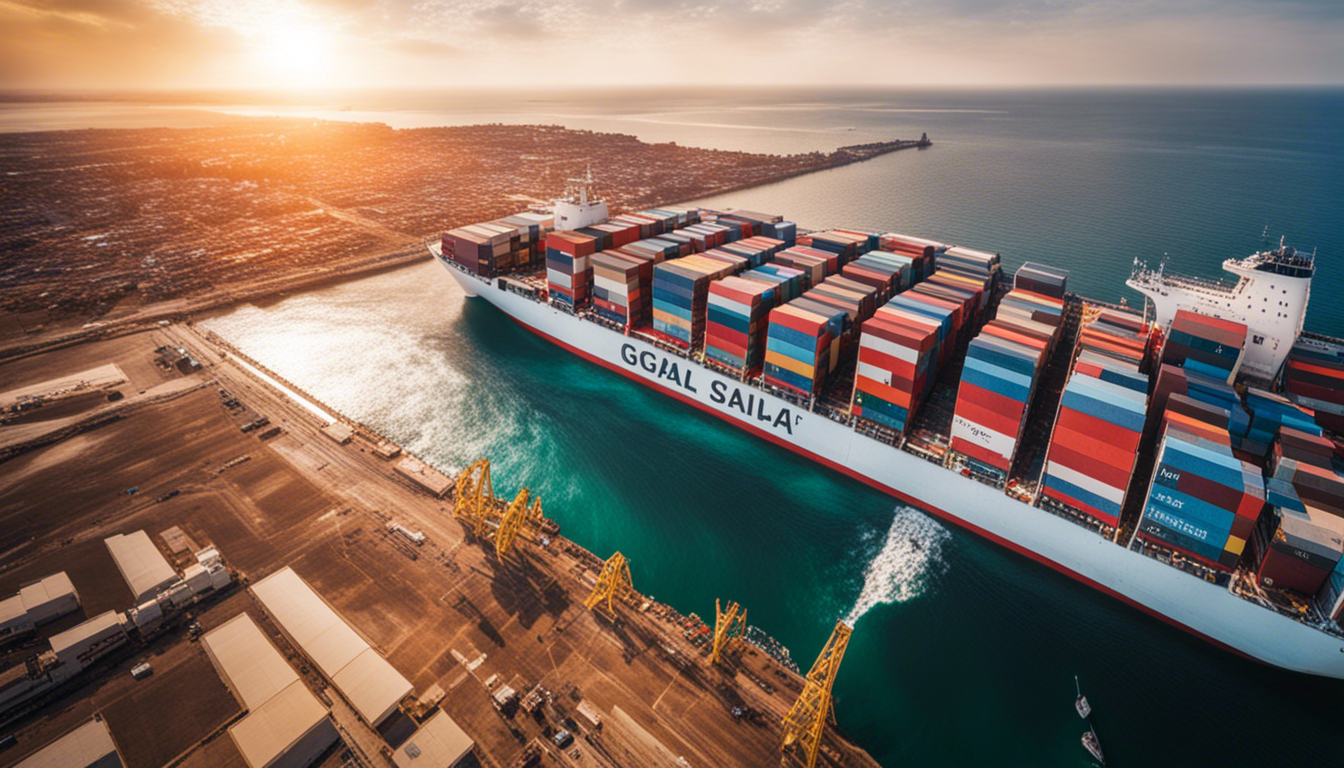
Red Sea Conflict Raises Economic Concerns for Democrats and Biden

The escalating conflict in the Red Sea poses a significant threat to the U.S. economy at a crucial time for Democrats and President Joe Biden, potentially leading to higher inflation just before the upcoming November election. Iranian-backed Houthi militants have intensified their attacks on commercial ships in the Red Sea, disrupting one of the world's major shipping routes. Although the direct economic impact on the U.S. remains limited, the growing global turmoil presents substantial risks, including a potential rise in consumer goods prices and prolonged inflation. This situation could undermine the administration's efforts to stabilize the economy and impact down-ballot Democrats in competitive races.
Economic Impact and Concerns for the U.S.
The attacks have resulted in the obstruction of many ships' access to the Suez Canal, driving up shipping costs and leading to a significant decrease in wheat shipments through the canal. While the current direct economic impact of the conflict on the U.S. is relatively restrained, even minor disruptions can fuel the volatility of energy prices, subsequently affecting fuel and food prices for an extended period. The White House is particularly monitoring the instability in oil prices, which could result in higher prices at the pump and eventually impact grocery prices.
Potential Effects on Consumer Prices
The conflict's economic repercussions are not expected to trigger a substantial spike in prices similar to those experienced during the height of the pandemic. However, any economic impact is likely to be sentiment-driven, potentially affecting consumer sentiment and the overall outlook on the improving economy. Concerns are also raised about the potential disruption in the global flow of fertilizer, which could add pressure on U.S. farmers and consumers at the grocery store.
Administration's Response and Preparation
The Biden administration has downplayed immediate concerns about the conflict's significant impact on the U.S. economy, emphasizing that the shipping disruptions have not yet measurably affected the American economy. However, companies tracking shipping costs have warned that the fallout is gradually reaching the U.S. and is expected to escalate as the conflict persists. The U.S. and other Western countries have gathered intelligence indicating that the Houthi militants in Yemen are seeking more weapons from Iran, heightening fears of a wider conflict. Consequently, U.S. officials are prepared for the conflict to continue, with recent U.S. military strikes and collaborations with allies aimed at managing the escalation and preventing a larger military conflict and trade fallout from spreading.
Democrats' Concerns and Calls for Action
Many Democrats are expressing concerns about the potential impact of the conflict on American commerce corridors and its subsequent pressure on the American people. Some are urging President Biden to maintain pressure on the Houthi militants and deter Iranian aggression in the region, while others are cautioning against carrying out new strikes in the region. Overall, the intensifying Red Sea conflict presents economic challenges for the U.S., with Democrats and the Biden administration navigating the delicate balance of addressing the global turmoil while ensuring the stability of the domestic economy ahead of the crucial November election.
Share news















